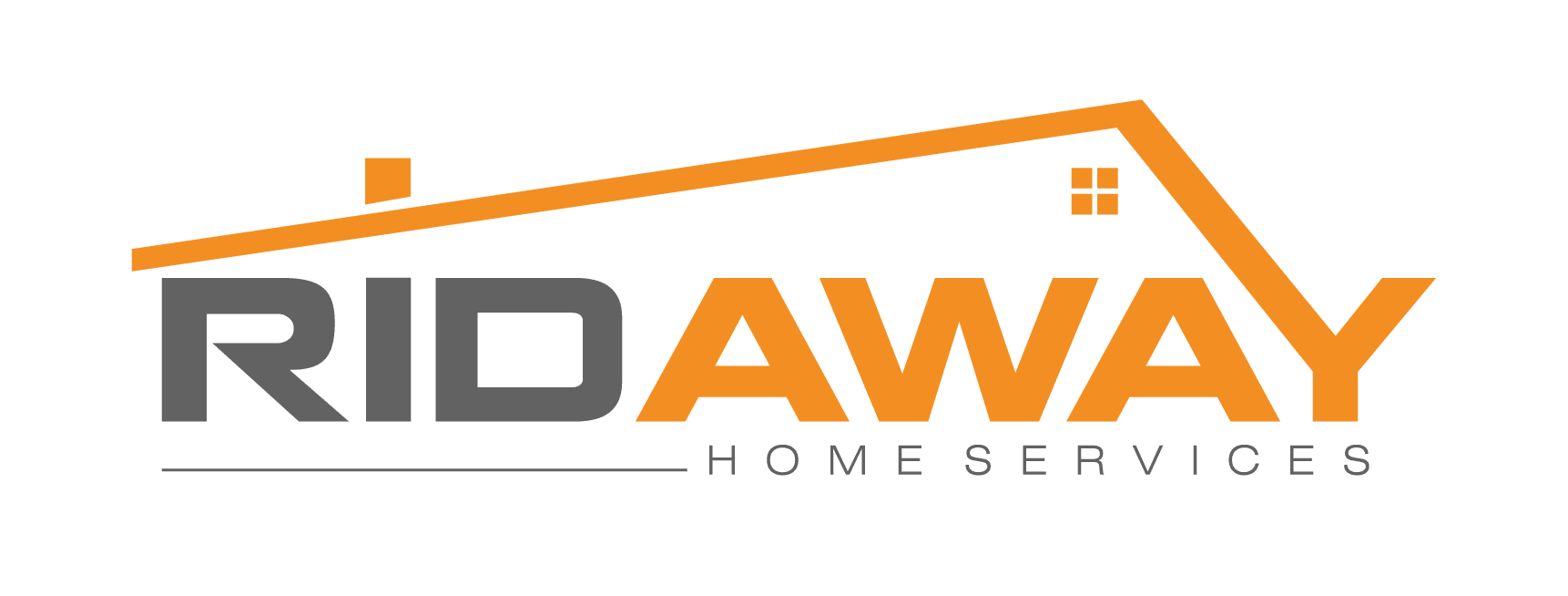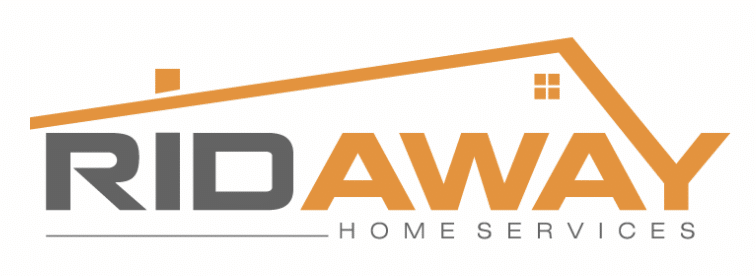When it comes to mold in homes and workplaces, black mold is a common name. Understanding the differences between black mold and other types of mold is crucial for maintaining a safe and healthy living environment. Let’s see how black mold is different from regular mold and how one can manage it.
What is Mold?
Mold is a type of fungus that can grown on anything from walls, clothes, foods, to wood, furniture, and glass. There are different types of molds;some dangerous, some harmless, and some even useful and edible. Black mold, the topic of discussion is really dangerous in nature. It can cause serious diseases in humans and pets and is characterized by its greenish-black color. It is often found in areas with prolonged moisture exposure like bathrooms and basements. It releases spores in the air called mycotoxins that if inhaled can cause respiratory diseases and allergies. It’s important to know the difference between black and regular mold in order to be safe from it. Let’s explore the differences.
Differences Between Black Mold and Regular Mold
Health Risks:
Black Mold: Exposure to black mold can be dangerous, especially for people with weakened immune systems, allergies, and kids. Common symptoms include cough, sneezing, rashes, and runny nose.
Regular Mold: While some types of mold can also cause allergic reactions and respiratory problems, they generally do not pose the same level of risk as black mold. However, people sensitive to mold can experience symptoms regardless of the mold type.
Environmental Conditions:
Black Mold loves moisture. Damp and wet environments are ideal for black mold growth. On top of that poor ventilation becomes another factor that propagates black mold.
Regular Mold: Can thrive in a variety of conditions, including drier areas, and may even grow on food or other organic materials.
Treatment and Removal:
Black Mold: Due to its dangerous nature, its best if black mold is handled by professionals. If discovered in homes or workplaces, professional mold removal services should be contacted immediately.
Regular Mold: Smaller infestations can typically be handled by homeowners using cleaning solutions like vinegar, baking soda, or commercial mold removers. However, persistent mold issues may still require professional assistance.
Here’s whom to contact:
One expert at black mold removal is RidAway. It’s EPA approved, state-licensed and industry- certified, and uses non-toxic pesticides that leave your home safe to return to. They also guarantee 100% mold removal.
It’s essential to remove mold ASAP to protect against all of these dangers to health and property.

